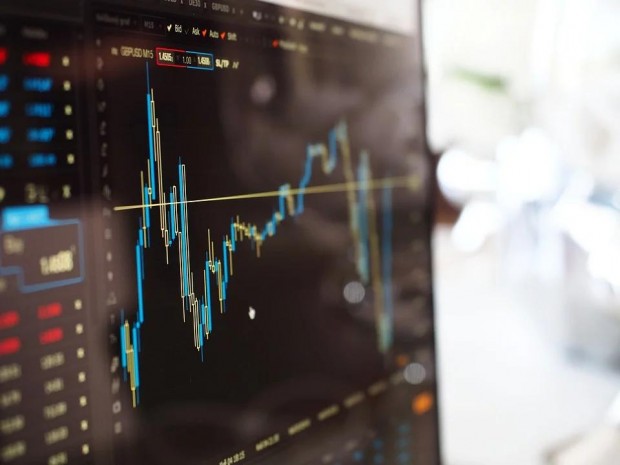The Potential Causes of a Future Economic Recession Revealed

It's almost 12 years since the last global recession, with many parts of the world still recovering from the after-effects of 2007. However, a growing number of economic analysts fear that another recession could bite either this year or next. Despite major economies like the US experiencing record-long streaks of growth and the UK's unemployment rate falling to record lows, there are plenty of factors that could yet send economic shockwaves worldwide in 2020 or 2021. Within this article, we'll weigh up the four scenarios that could trigger a downturn in the global economic cycle.
The pop of the corporate debt bubble
It's not gone unnoticed that the last two global recessions of 2000 and 2007 were both triggered by asset bubbles. In 2000 it was overheated stocks from the dot-com 'boom'. Investors that focus on stock trading attempt to take advantage of even the smallest market moves on the world's biggest and emerging corporations. At the time of the dot-com boom, internet companies were the flavour of the month, at least until their prices tumbled unexpectedly. In December 2007, it was the unsustainable mortgage securities underpinning the US housing market that caused 'The Great Recession'.
There are growing concerns that corporate debt could be the number-one trigger for the next global recession. Rock-bottom interest rates have seen companies worldwide load up on debt in recent years, but these rates will only stay so low for so long. Rising interest rates will surely result in increased debt burdens among corporations, putting some at risk of closure.
The ongoing trade war between China and the US
Throughout much of 2019 and the escalation of the trade war between China and America, there was a genuine sense that these two financial and trading superpowers could plunge the rest of the world into recession in their quest for dominance. Even US President, Donald Trump acknowledged that increased trade tariffs and disputes could lead to a global recession. A top diplomat of the Chinese government, Wang Yi, warned that the trade war had the potential to "undermine the multilateral trade regime and global economic and trade order".
Fortunately, common sense appears to have prevailed in recent weeks, with the US and China signing the first phase of a trade deal in mid-January. The agreement has appeased and reassured investors, at least in the short term, with the US canning additional tariffs that were due to take effect from December 2019. However, the wafer-thin trust between the two nations means that the global economy is still not out of the woods.
A no-deal Brexit outcome
Leading accountancy giants have forecast that a no-deal Brexit between the UK and European Union (EU) would kick-start a recession in the UK and beyond. It predicts that the UK's GDP alone would shrink by as much as 1.5% if the UK and the EU were required to trade goods and services on World Trade Organization (WTO) terms. The UK's Prime Minister Boris Johnson has notified the WTO of the UK's departure from the EU, as it seeks to define its negotiating position ahead of early-stage trade talks with EU officials.
The UK's leading Brexit negotiator David Frost confirmed in a speech in Brussels that the UK intends to have "the ability to set laws that suit [the UK]". Meanwhile the French foreign minister, Jean-Yves Le Drian warned that both sides will "rip each other apart" in the initial trade negotiations.
The widening coronavirus outbreak

It's clear that the outbreak of the coronavirus is beginning to affect all four corners of the globe. The Chinese government may be doing all they can to prevent a worldwide pandemic, but the economic after-effects of coronavirus could be enough to force China into recession. That's based on new data from World Bank, which also warns of a potential domino effect, with more nations at risk of recession too.
When the US was out in front as the leading global superpower, there was a saying that; if America sneezed, the rest of the world would catch its cold. The same can now be said for China, with all kinds of manufacturing, engineering and transport operations suppressed as a result of the coronavirus crisis. The World Bank believes a global pandemic resulting from coronavirus could have as devastating economic circumstances as a global war.
The negative tipping point in the global business cycle will rear its ugly head at some stage soon - that's an inevitability. Any of these four scenarios above could be the straw that breaks the camel's back.
















